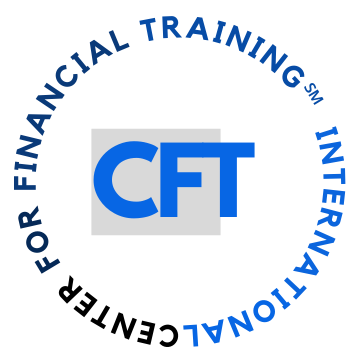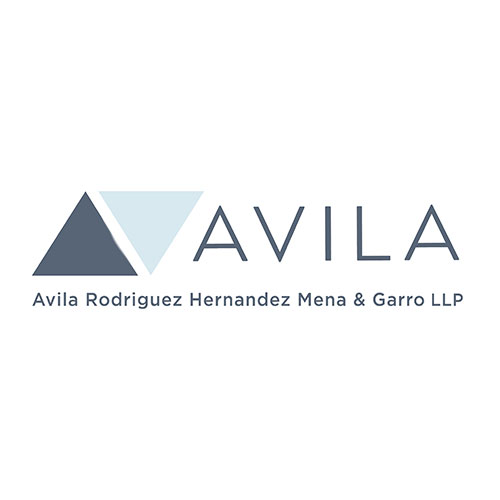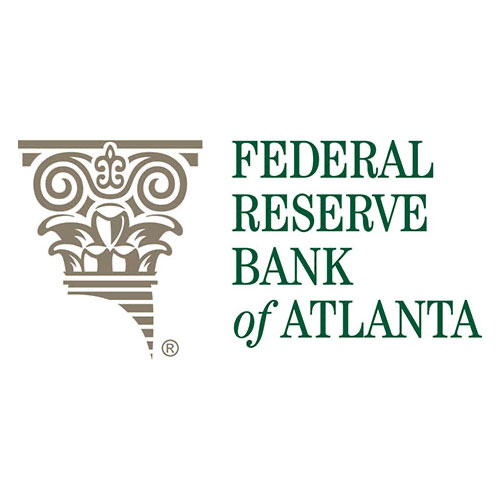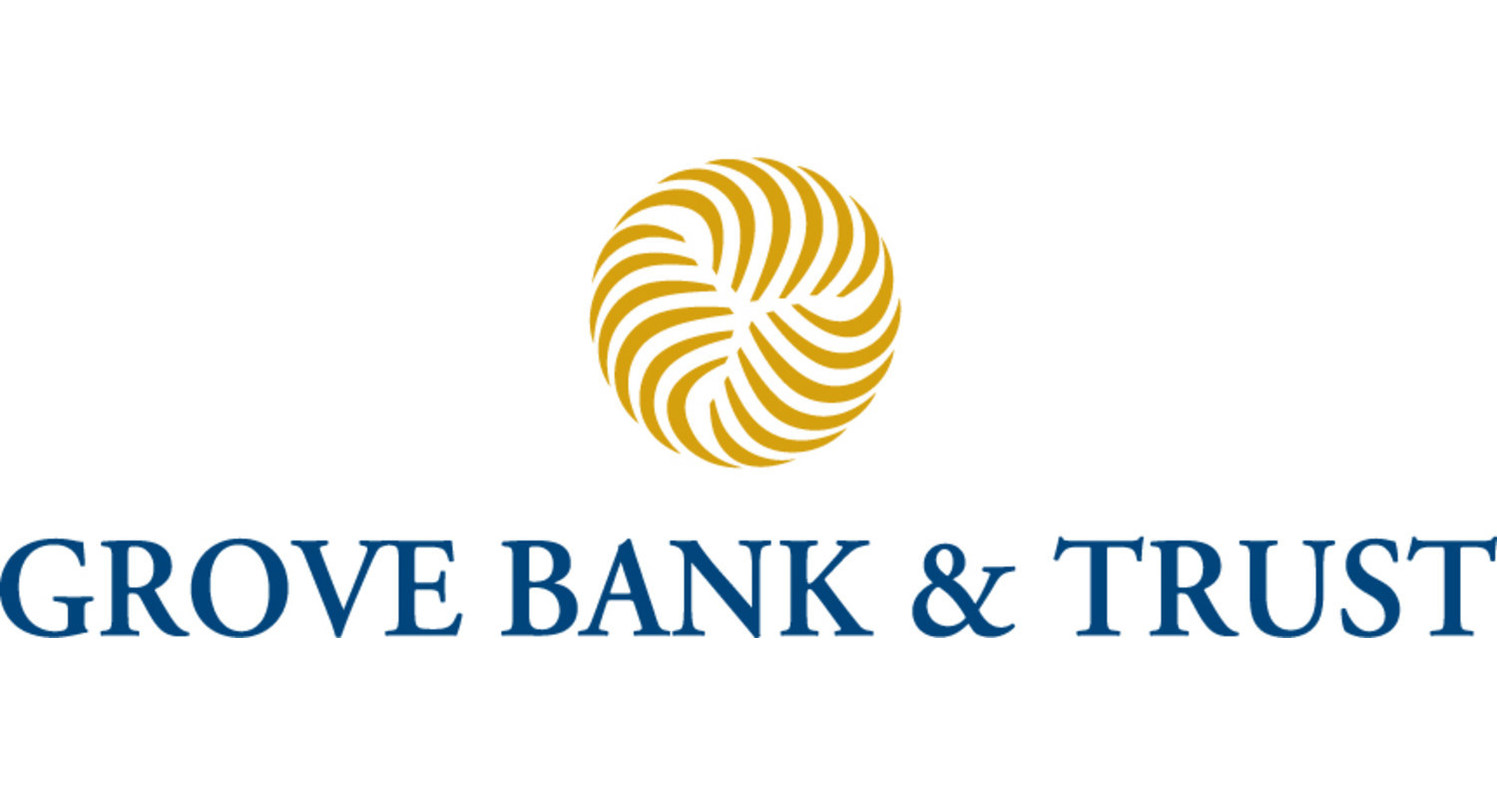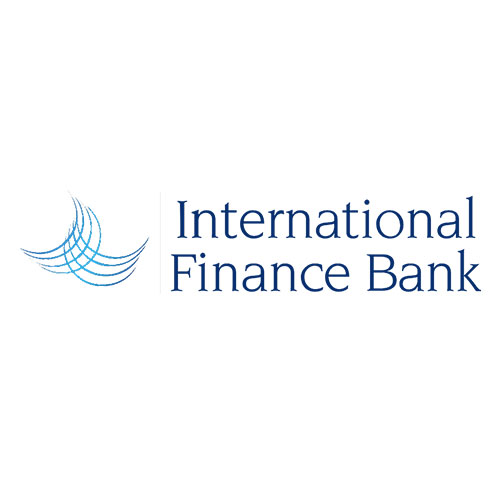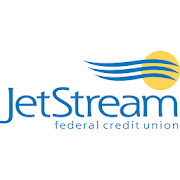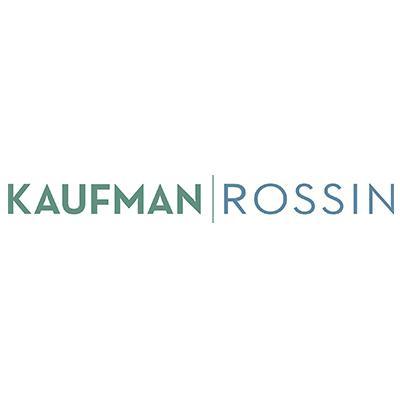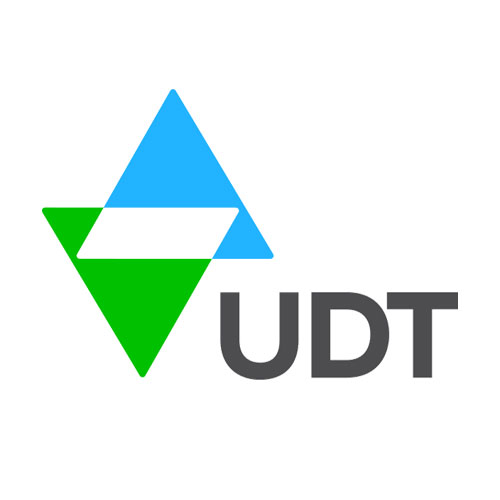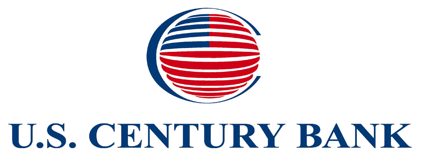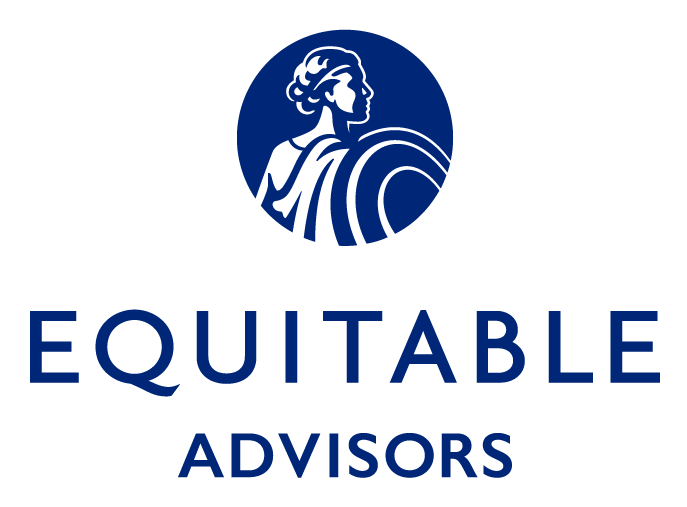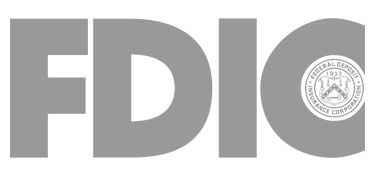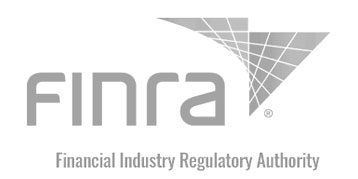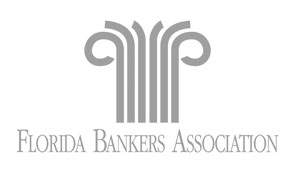Description
Regulation Z (Reg Z), which implements the federal Truth in Lending Act (TILA), requires creditors to conduct an Ability to Repay (ATR) analysis for certain types of closed-end mortgage loans. Evaluating a consumer’s ATR is complicated and can result in significant liability to the creditor if performed incorrectly. Therefore, Reg Z also gives lenders certain protections from such liability when making any one of several categories of Qualified Mortgages (QMs).
In this course, you will learn about the ATR analysis requirements, including exemptions and underwriting requirements. In particular, you will learn about the exemption from ATR requirements when refinancing a nonstandard mortgage to a standard mortgage. You will also learn about the QM protections, including criteria the loan must meet, the two types of QMs and the legal protection each offers, exceptions for small institutions and small creditors, and the seasoned QM provision that means that some loans that were ineligible to be QMs when originated may later qualify for QM status.
What You’ll Learn
By the end of Reg Z Ability to Repay (ATR) and Qualified Mortgage (QM) for Compliance Professionals, you will be able to
- Explain characteristics of loans that are covered by Regulation Z, where the ATR and QM Rules apply
- Describe the ATR Rules, including exemptions, partial exemptions, and underwriting factors that a creditor must consider
- Explain the exemption from ATR requirements when refinancing a nonstandard mortgage into a standard mortgage
- Describe the QM provisions, including general criteria, types of QMs and legal protections, and seasoned QMs
